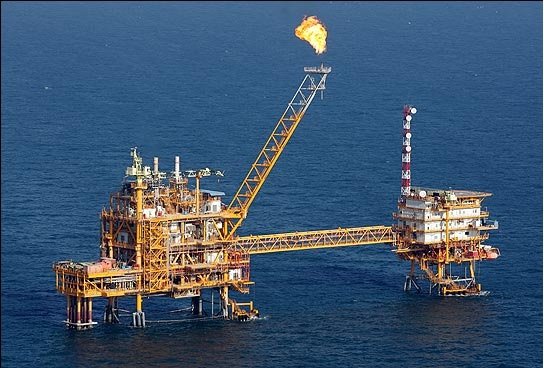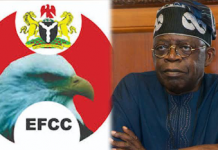
Fears over Nigeria descending into a recession have intensified after US crude tested levels below $20 for the first time in more than 17 years.
The last few months have certainly not been kind to Oil which has depreciated over 65% since the start of 2020.
With Oil expected to trend lower amid widespread lockdowns across the world and aggressive price war between OPEC & US Shale, this is nothing but bad news for emerging market energy producers like Nigeria.
Given how over 90 percent of export earnings and more than 60 percent of government revenues are acquired from Oil sales, this nightmare development threatens to sabotage Nigeria’s fragile economic recovery. The negative impacts can already be seen on the Naira, 2020 budget and local stocks.
READ ALSO: Oil price drop: FIRS automates tax platform to mitigate effect on economy
It does not end here. According to the Nigerian Stock Exchange (NSE). Foreign portfolio transactions now stand at a ratio of 73% outflows and 27% inflows. This suggests that international investors are somewhat hesitant to purchase Nigerian assets amid the unfavourable global and domestic conditions.
The Central Bank of Nigeria has already depreciated the rate of FX sales to FPI’s to roughly N380 which could rekindle the interest of foreign portfolio investors in the country’s financial instrument.
READ ALSO: OIL IN TROUBLE: Nigeria currently searching for oil buyers – NNPC
However, aggressive monetary policy and fiscal responses must be implemented to cushion the damage inflicted by the coronavirus outbreak which infected over 100 people in Nigeria. Such steps could stimulate appetite for foreign portfolio investments, however external developments will play a key role.
At this point, it will be difficult for Africa’s largest economy to mirror the GDP growth witnessed in 2019 with first-quarter GDP expected to paint a gloomy picture.
The main risk event for the economy this week will be the Foreign Exchange Reserves data for March. Earlier in the year, CBN Governor Godwin Emefiele mentioned that if external reserves tumbled to between $30 billion and $25 billion, and oil price depreciated between $50 – $45, the CBN could consider floating the exchange rate and weakening the naira. This may become a reality sooner than initially anticipated.
By Lukman Otunuga, Senior Research Analyst at FXTM



